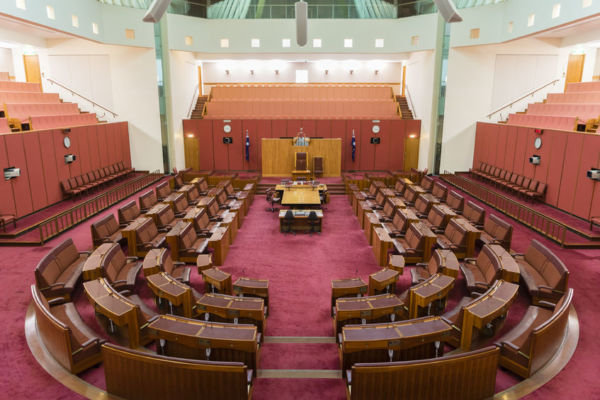From the city to the bush: Why are minor parties becoming more popular?

At the last federal election, votes for minor parties soared to their highest level since the late 1940s.
Chris Smith says those numbers don’t surprise him at all.
“When you look back on recent events in Australian politics, is it any wonder that more than half of us don’t have any confidence in our federal government?”
He says every day in politics these days feels like an episode of survivor, a “desperate battle to be the last one standing”.
Over 25 per cent of Australians voted for a minor party in the Senate and around 15 per cent backed minor parties in the lower house.
One person who understands why more and more Australians are moving away from the major parties is Gabrielle Chan, a former press gallery journalist.
Gabrielle tells Chris the disconnect between politicians and the public is most obvious to her when she returns to her small hometown in the country.
She’s written about the issue in her latest book Rusted Off.
“People were saying to me in the street, major party politicians go to these fancy universities or schools and they do their debating courses… and it’s like in politics they get their subject at the door.
“They don’t relate to it in an authentic way. That’s why they can flip.
“People feel that’s why politicians flip so easily because they could argue anything and make it sound important and compelling.”
Click PLAY below for the full interview
Gabrielle says most people understand that politicians in major party parties have to toe the party line, while minor party candidates have more freedom.
But that’s also why independents or minor party candidates are increasingly viewed more favourably, because they can give their honest opinions more often.



